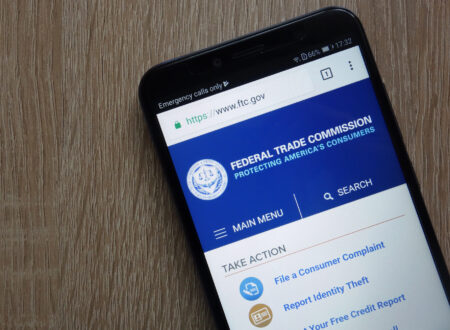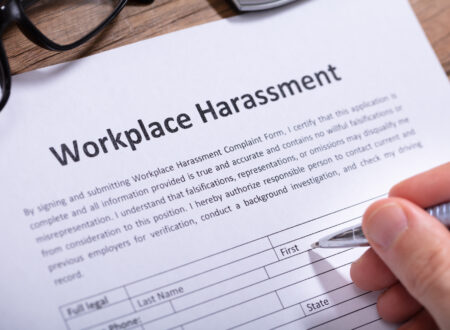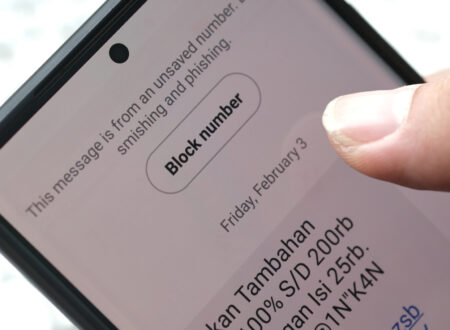As employers continue to implement mandatory Covid-19 vaccination policies, the question then becomes what do I do if an employee refuses to become vaccinated. Some employers are firing workers, which is a potential disaster for the employer, and others are requiring unvaccinated employees to submit to weekly testing.
The Equal Employment Opportunity Commission (EEOC) has stated the employers must comply with the Americans with Disabilities Act (ADA), Title VII of the Civil Rights Act of 1964 and other workplace laws, according to the EEOC. An employee with a sincerely held religious objection may be exempt from the mandate.
Disability Accommodation
As such, if an employee refuses to obtain a vaccine, an employer needs to evaluate the risk that objection poses, particularly if an employer is mandating that employees receive a COVID-19 vaccine.
A vaccination mandate should be job-related and consistent with business necessity.
- Under EEOC guidelines, employers should evaluate four factors to determine whether a direct threat exists:
- The duration of the risk.
- The nature and severity of the potential harm.
- The likelihood that the potential harm will occur.
- The imminence of the potential harm.
If an employee who cannot be vaccinated poses a direct threat to the workplace, the employer must consider whether a reasonable accommodation can be made, such as allowing the employee to work remotely or take a leave of absence.
- Employers and employees should work together to determine whether a reasonable accommodation can be made which may be considered the following:
- The employee’s job functions.
- Whether there is an alternative job that the employee could do that would make vaccination less critical.
- How important it is to the employer’s operations that the employee be vaccinated.
- Religious Accommodation
Title VII requires an employer to accommodate an employee’s sincerely held religious belief, practice or observance, unless it would cause an undue hardship on the business.
If an employee cannot get vaccinated because of a disability as defined under the American with Disabilities Act (ADA), or as a result of a sincerely held religious belief, and there is no reasonable accommodation possible, an employer may be able to exclude the employee from physically entering the workplace. It should be noted that this doesn’t mean an individual can be automatically terminated. Employers will need to determine if any other rights apply under the EEOC laws or other federal, state, and local laws.
In addition to legally protected reasons, employees may have general objections to receiving a COVID-19 vaccination that do not require a reasonable accommodation. If a significant portion of employees refuse to comply with employer mandates, then the employer may be put in the very difficult position of either adhering to the mandate and terminating all of these employees, or deviating from the mandate for certain employees, which may increase the risk of discrimination claims.
Rather than implementing mandates that could lead to such difficult decisions, employers may want to:
- Develop vaccination education campaigns.
- Make obtaining the vaccine as easy as possible for employees.
- Cover any costs that might be associated with getting the vaccine.
- Provide incentives to employees who get vaccinated.
- Provide paid time off for employees to get the vaccine and recover from any potential side effects.
Author(s)

Stuart J. Oberman, Esq.
Stuart J. Oberman is the founder and President of Oberman Law Firm. Mr. Oberman graduated from Urbana University and received his law degree from John Marshall Law School. Mr. Oberman has been practicing law for over 30 years, and before going into private practice, Mr. Oberman was in-house counsel for a Fortune 500 Company.
Read More =>





